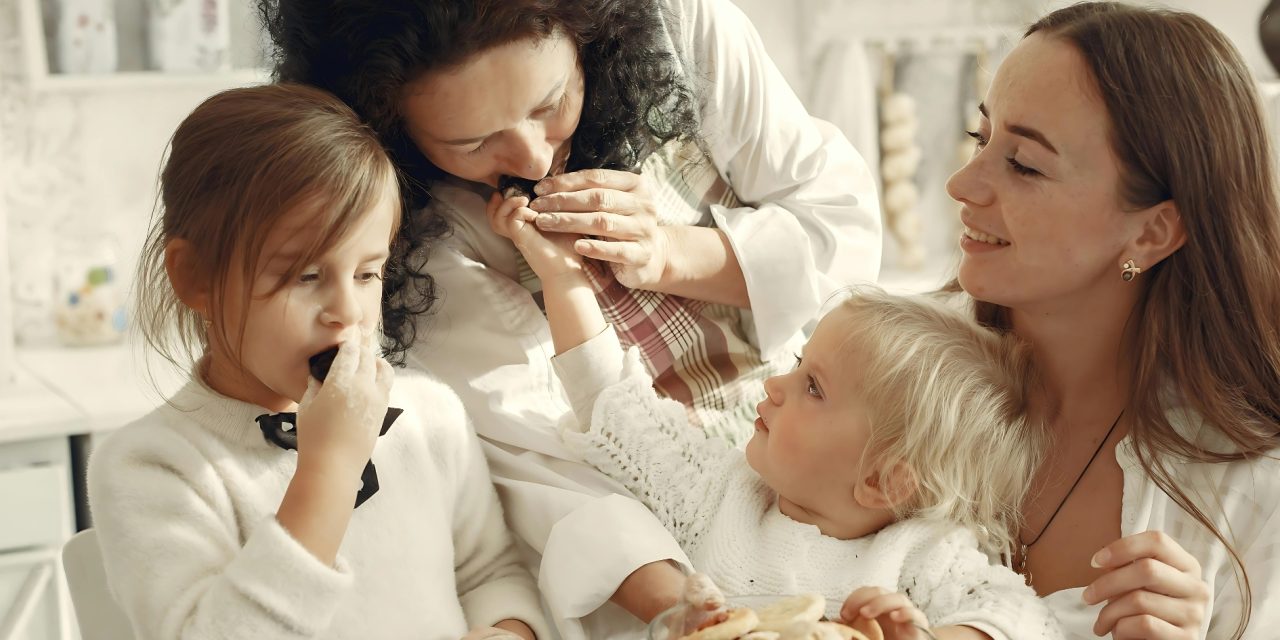Empathy isn’t a trait you can just sprinkle on your kids like fairy dust—though, wouldn't that be nice? It’s something you build, piece by piece, like assembling a giant LEGO castle… without losing half the pieces. The good news? You don’t need to have a Ph.D. in kindness or attend a special seminar on “being a nice human” to get there.
Raising empathetic kids is all about the small, everyday moments: the “please” and “thank you,” the sharing of cookies (even if it’s the last one), and the occasional “I’m sorry” after a toy gets snatched. Essentially, it involves practicing kindness and making it part of your daily life, one small act at a time. Ready to raise the next Mother Teresa (or at least someone who’ll pass the peas politely)? Let's dive in!
Encourage Kindness and Gratitude
The first rule of empathy: be kind and grateful. Sounds simple, right? It is! Just sprinkle it throughout your day. Whether it's complimenting someone’s shoes or teaching your child how to share their toys (without a dramatic meltdown), these little moments help kids understand how their actions can affect others.
Plus, when everyone shares their “gratitude of the day” at the dinner table, you'll feel like a very enlightened family. This will happen naturally without the pressure of trying to be perfect.
Volunteer and Give Back to the Community
Want to teach your kids empathy? Let them see the world beyond their cereal bowl. Volunteering together is the ultimate empathy hack.
Whether it’s handing out snacks at a shelter or helping out at a community clean-up, these experiences show kids that empathy isn’t just a nice idea—it’s an action. And no, you don’t need to join the Peace Corps (unless you want to). Small acts can lead to big lessons.
Use Positive Reinforcement
You know that feeling when your kid actually listens to you? Yeah, me neither. But when it happens, make sure you praise it!
Positive reinforcement is a secret weapon when it comes to teaching empathy. When your kid shares, listens, or comforts someone, recognize it. This helps to reinforce kind behavior. Plus, it reminds them that empathy doesn’t just feel good—it’s worth celebrating.
Conclusion
Empathy isn’t something you can force into a lesson plan. It’s built over time, in the small moments that happen every day.
Whether volunteering as a family, sharing your “thankfuls” at dinner, or simply modeling kindness, you’re setting the foundation for your child’s emotional growth. And this is the ultimate way to nurture empathy in your little munchkins!
How do you make empathy part of your daily routine? Drop your best tips in the comments, and head over to Marvelus Kids for more practical advice on raising compassionate kids!









